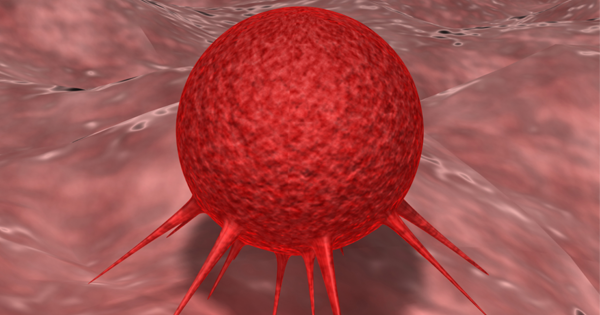Cancer research is something that isn’t taken lightly. Which is why when someone turns out to be a cancer research fraudster, it’s a big deal.
Anil Potti published a paper almost ten years ago, which detailed the best way to choose chemotherapy for individual patients. He was outed as a fraud five years ago, and now, the Department of Health and Human Services has officially declared nine of his papers as fake.
Potti left his position at Duke University five years ago in the wake of the discovery of his fraud. But the wheels of bureaucracy turn slowly, and the Office of Research Integrity finally has all the results five years later.
The list of his fraudulent acts is impressive.
Potti applied for a grant from the National Institutes of Health and lied both about how many patients were in the trials, as well as how many were responding well to treatment.
According to BuzzFeed news, he faked data in nine of his publications, which were supported by six federal grants. These publications were posted in highly-ranked peer-reviewed journals as well, ones like the New England Journal of Medicine and Nature Medicine.
He claimed that he could pick the best chemo option for a patient based on their genetics. However, other scientists started questioning the findings, and soon enough, there was a paper questioning the method.

However, there wasn’t much attention paid to it until The Cancer Letter ran a report that stated that Potti had falsely claimed he was a Rhodes scholar.
Soon, he lost a $729,000 grant from the American Cancer Society, was suspended from Duke, and soon resigned.
However, the report that nine of his papers were faked comes with few consequences, despite the fact that several of his patients have filed lawsuits against him. He didn’t admit to guilt, and his only punishment is that if he wants to apply for a grant again, his research must be supervised for five years.
However, Duke is happy that the extent of his lying has come to light. Doug Stokke, VP of marketing for Duke Medicine, said, “We trust this will serve to fully absolve the clinicians and researchers who were unwittingly associated with his actions, and bring closure to others who were affected.”
Photo Copyright © 2015 DUKE PHOTOGRAPHY - Duke





